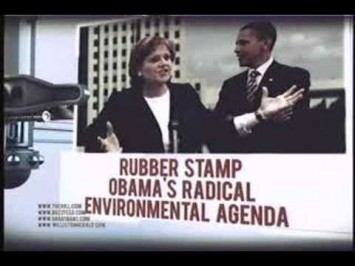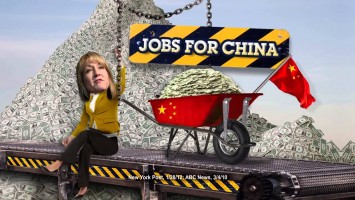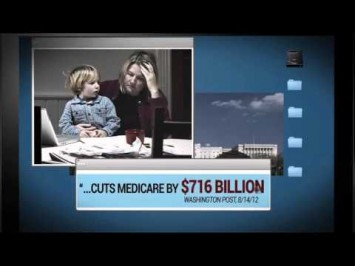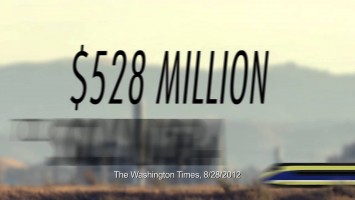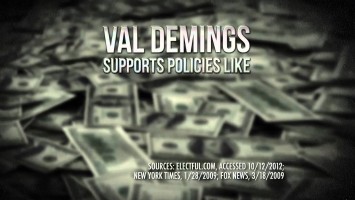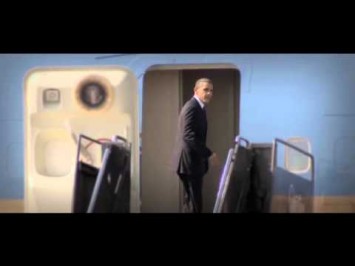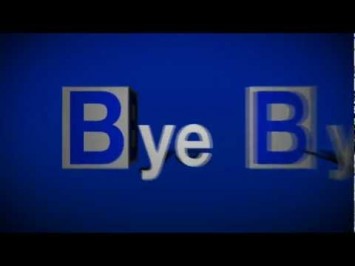Congressional Leadership Fund: “Twinkle”

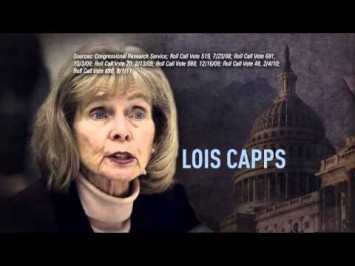
Citing a series of votes between 2008 and 2011, Congressional Leadership Fund blames Rep. Lois Capps (D-CA) for the rising debt. In reality, recent deficits have been fueled by the recession and Bush-era policies like tax cuts for the wealthy. The votes the ad targets, by contrast, were for bills designed to rescue failing banks, the floundering housing market, and a tanking economy, and to raise the federal debt limit – a procedure that does not authorize new spending but does prevent the government from defaulting on its loans.
Read more after the jump.


